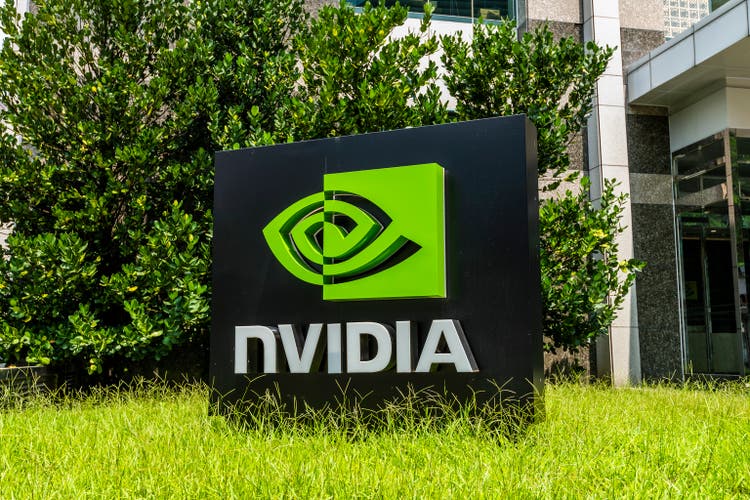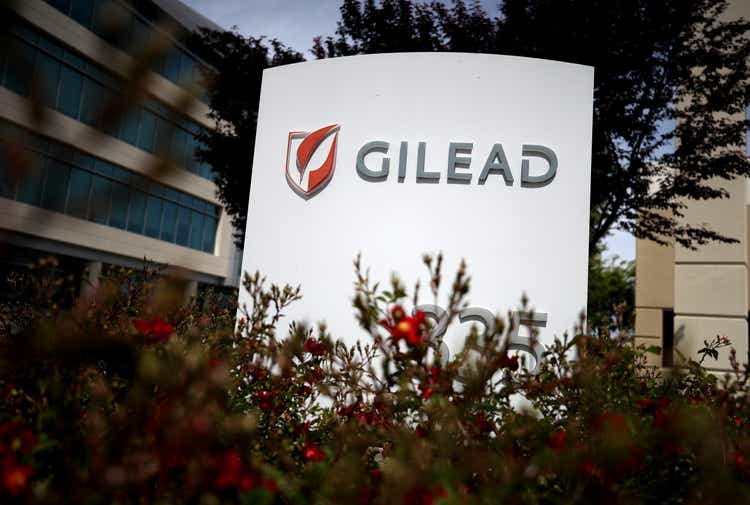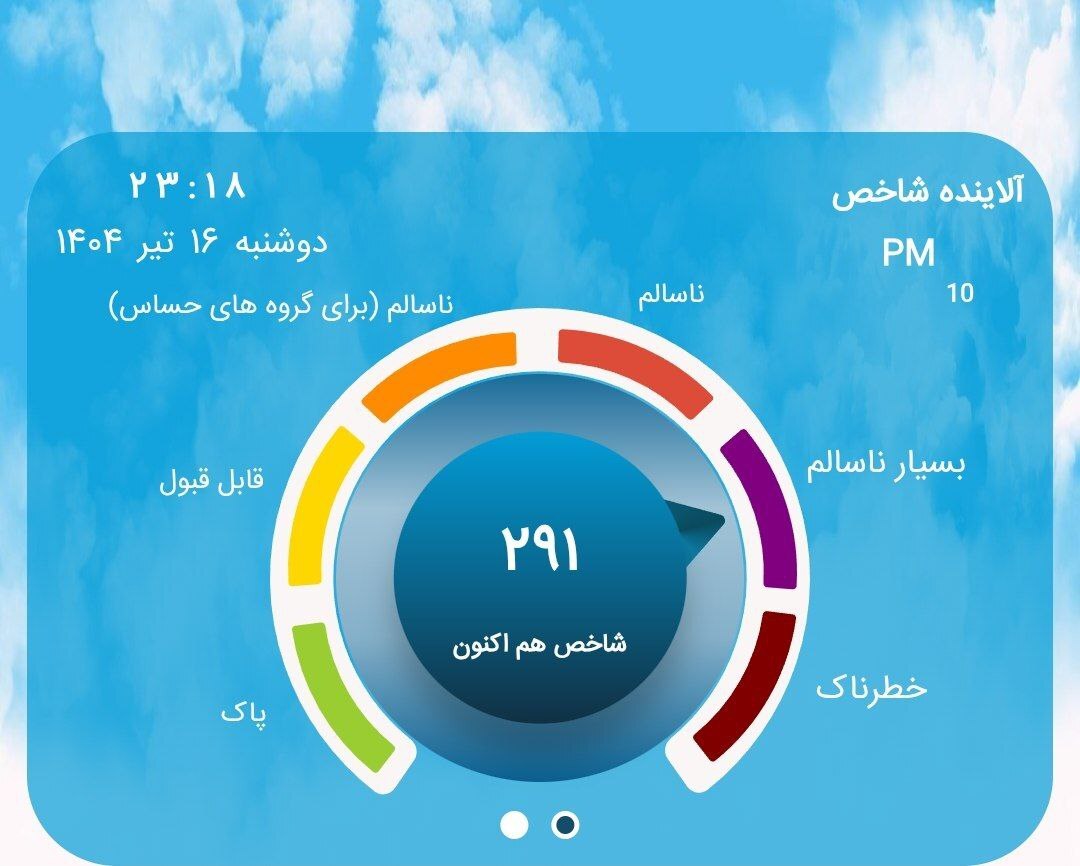Crypto and banking are drawing ever closer. Big banks like JPMorgan and Citi are exploring digital asset integrations, and big crypto companies like Circle and Ripple are applying for bank charters. Dakota, a neobank cofounded by a former Coinbase executive, aims to combine both corners of finance—and investors are betting it’ll succeed.
On Tuesday, the startup announced that it had raised $12.5 million in a Series A led by the crypto venture firm CoinFund. Other participants included 6th Man Ventures, Digital Currency Group, and Triton Ventures. (Triton is the venture arm of the crypto exchange Kraken).
The raise was purely for equity, said Ryan Bozarth, cofounder and CEO of Dakota. He declined to specify his startup’s valuation. “Dakota [was] one of the first companies I had seen in the Web3 payment space that had a significant share of non-crypto customers,” Alex Felix, chief investment officer at CoinFund, told Fortune.
The injection of capital into Dakota, which uses stablecoins to move money between itself and its customers, is the latest bet from VCs on a company involved in one of the buzziest sectors of crypto. Stablecoins are tokens pegged to underlying assets like the U.S. dollar, and proponents claim they can speed up cross-border payments and reduce transaction fees.
While stablecoins are more than a decade old, the asset class has taken center stage this past year after interest from large fintechs and regulatory progress on Capitol Hill. In February, Stripe acquired the stablecoin startup Bridge for $1.1 billion. And, in June, the Senate passed the GENIUS Act, a bill that aims to regulate the tokens.
The Dakotas
Bozarth is a veteran of Big Tech. He’s worked at Sony, Square, and Airbnb. He’s also a former Coinbase executive who managed the U.S. crypto exchange’s custody arm, or portion of the business that holds large amounts of crypto on behalf of corporate clients.
In 2022, Bozarth left Coinbase to found Dakota. Just like the Dakotas, which were once on the frontier of the U.S.’s territorial acquisitions westward, his startup is on the frontier of what he calls “pioneering technology.”
His neobank functions much like any other bank. It has checking accounts and provides users, mainly businesses, yield on the money they’ve deposited. But instead of relying on decades-old financial technology, it uses stablecoins to move money between it and its many banking partners. (Dakota does not have its own bank charter but is regulated in the U.S. and Europe as a money services business, said Bozarth.)
Over the past year, it’s processed about $1.6 billion in transaction volume and is on pace to record $4 billion by December, Bozarth said. Dakota has more than 500 businesses using its platform, the majority of which are outside the U.S., he added.
“For a lot of folks outside of the U.S., access to a kind of U.S.-style bank account, or U.S. dollar-denominated account, is an incredibly valuable feature in itself,” said Bozarth.
This story was originally featured on Fortune.com

 6 hours ago
1
6 hours ago
1


















 English (US) ·
English (US) ·